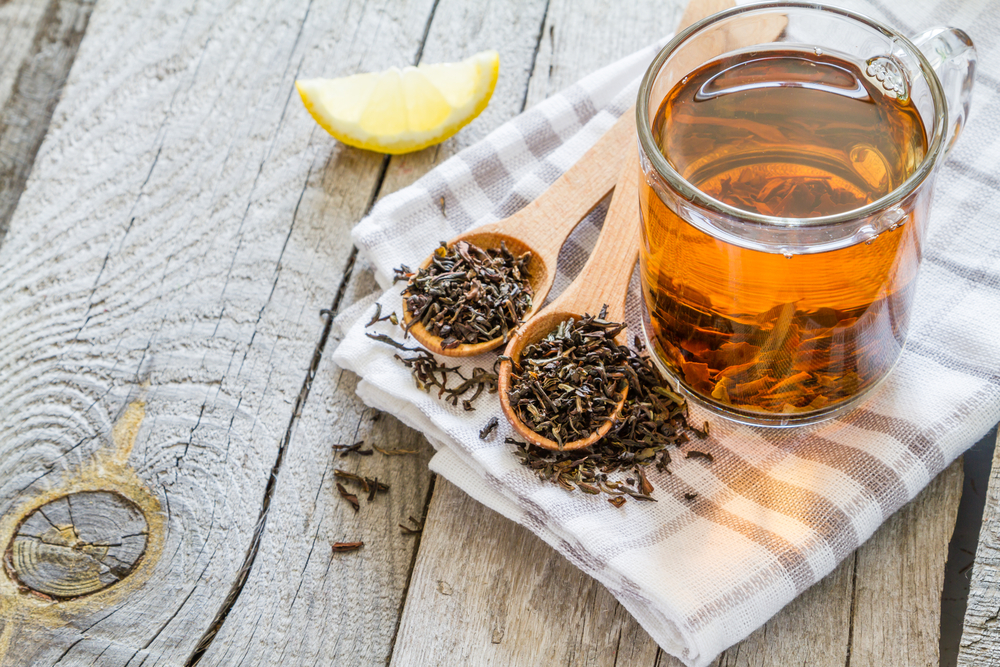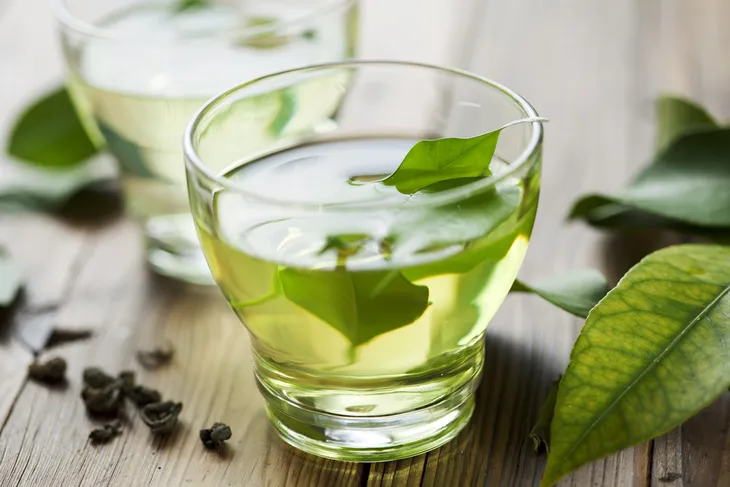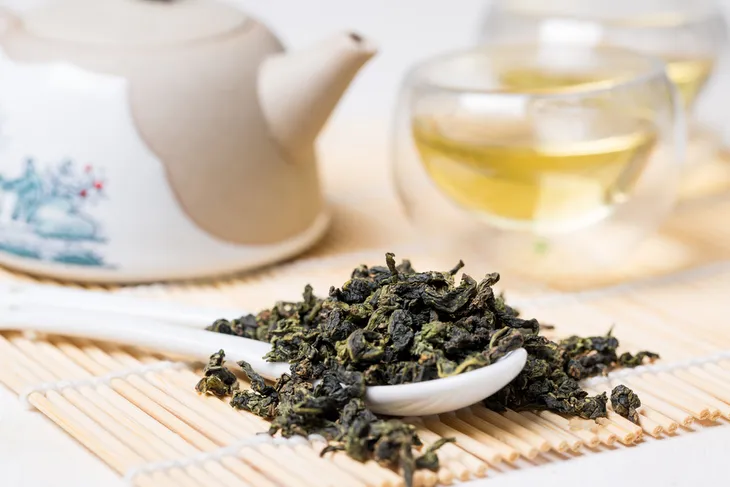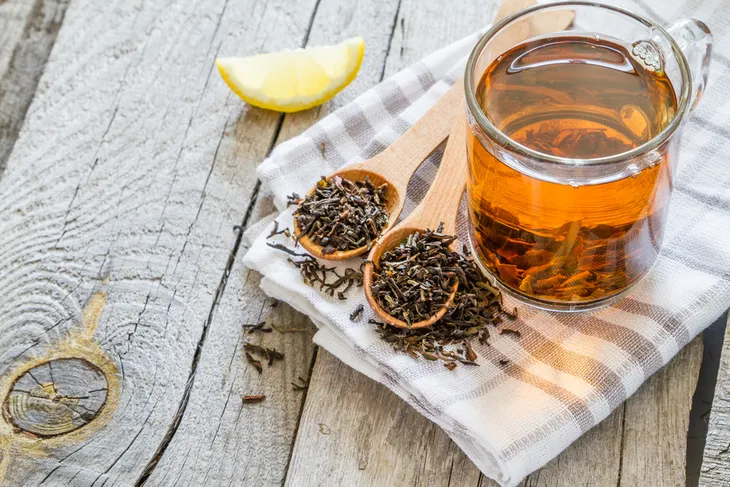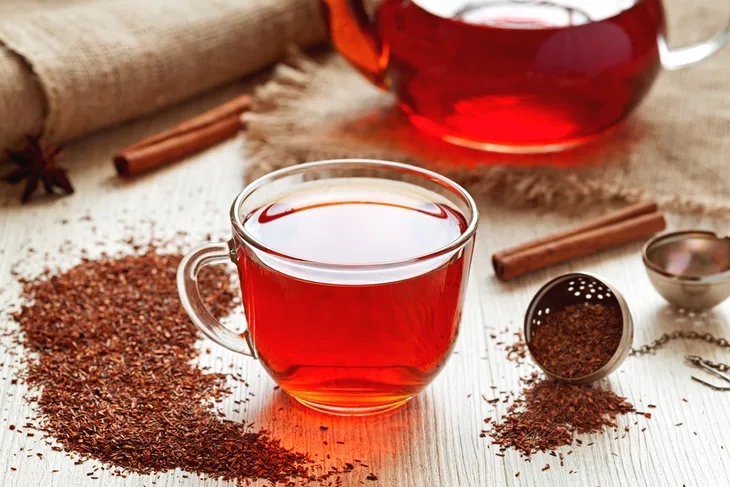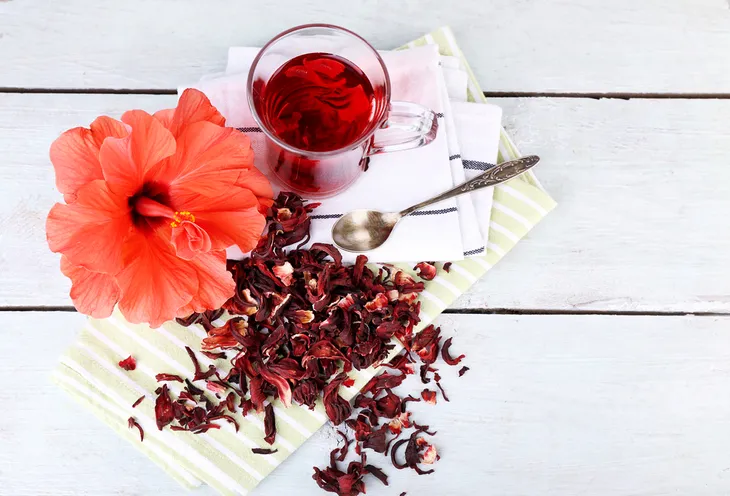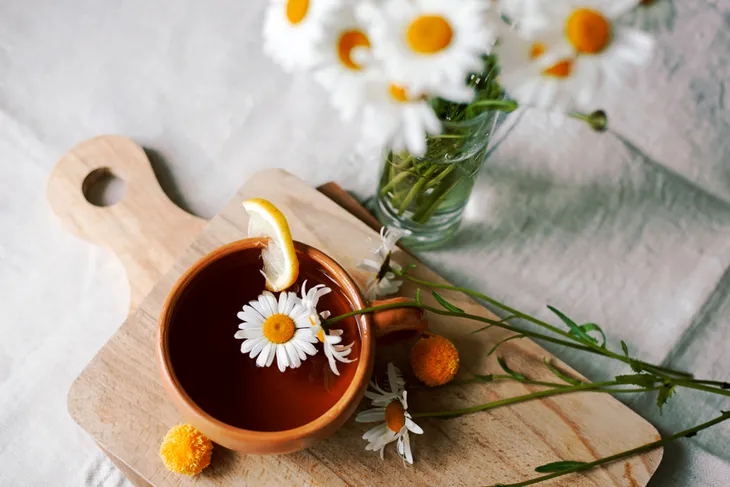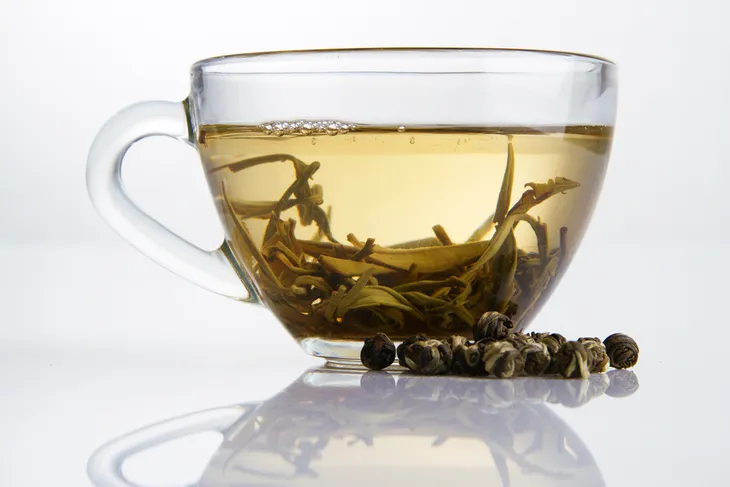The health benefits of herbal and even caffeinated teas have been long touted as medicinally beneficial. Not only can a warm steeped mug prevent all sorts of diseases (i.e., heart attack and stroke, obesity, diabetes, and certain cancers), having a collection of the following eight teas on hand can prevent depression, improve memory, and even protect teeth and bone health…
Green Tea
There is little doubt of the super prowess of the green brew, which is why this tea is the most widely consumed beverage around the globe world (second only to water).
Since green tea is made from unfermented tea leaves, scientists at the University of Maryland Medical Center crown it as the brew with the most potent concentration of polyphenol antioxidants, which fight free radicals, damage DNA, and cause aging, cancer, and stroke, heart disease.
Oolong Tea
According to several Japanese studies, if you want healthier teeth and bones, sip oolong tea. Even WebMD.com links oolong brew to the prevention of tooth decay and the prevention of tartar on tooth enamel. This is why many Japanese dentists recommend slurping oolong tea for teeth and gum health.
In addition, oolong has been linked to decreased bone deterioration, particularly osteoporosis, in women.
Black Tea
Naturally caffeinated black tea, made from aged leaves of the camellia sinensis plant, is high in antioxidants that have a positive dilating effect on our hearts and blood vessels. This is why several studies have linked black tea to improved mental alertness, memory, and for soothing headaches.
Research from the Cleveland Clinic claims that when black tea is paired with analgesics (i.e., aspirin or acetaminophen) it can improve their effectiveness by up to 40-percent.
Rooibos Tea
This comforting, low caffeine, nutty-flavored tea from South Africa has been celebrated by several research institutions, including the Memorial Sloan Kettering Cancer Center, for its anti-inflammatory and cardiovascular health benefits.
The reasoning—rooibos tea is high in the antioxidant polyphenols aspalathin and nothofagin, which can block angiotensin-converting enzymes, and in turn, boost cardiovascular health.
Hibiscus Tea
If you’re a fan of the color of deep, red in your mug, hibiscus tea will be both a visually pleasing and palate-pleasing brew.
Research from Seattle’s Bastyr Center for Natural Health, at Bastyr University’s teacher center, claims that patients with high hypertension can experience decreased blood pressure by drinking hibiscus tea daily.
Chamomile Tea
There’s nothing like a calming cup of chamomile tea, which is why this fragrant brew is recommended for reducing all sorts of stress-, sleep-, and anxiety-related conditions.
According to findings from the University of Pennsylvania, chamomile tea has the power to reduce anxiety, elevate mood, decrease depression, and prevent insomnia in 10 out of 12 study participants.
White Tea
If you suffer or run the risk of diabetes, white tea can help lower LDL (bad) cholesterol and improve glucose tolerance. So says research from a group study commissioned by New York -based Tea Association of the USA, which was published in the Phytomedicine journal.
White tea boosted glucose tolerance and lowered LDL cholesterol when drank hot or iced.
